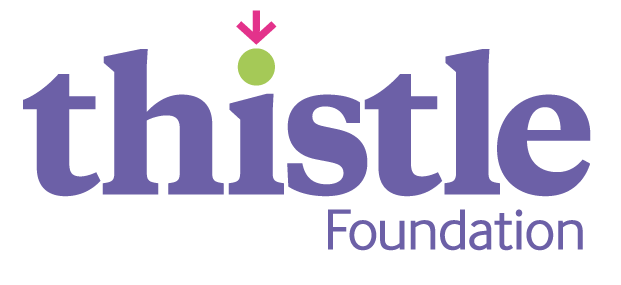First Contact Practitioner Support
About the support
As part of the Once for Scotland Project we are available to support you develop your first contact practitioner approach.
Musculoskeletal First Contact Practitioners
Musculoskeletal First Contact Practitioners are Physiotherapists with advanced clinical practice skills who are able to assess, diagnose, treat and discharge without medical input. They are competent at managing the full spectrum of Musculoskeletal patients. Within the UK, First Contact Practitioners advanced skills include communication and the ability to deliver personalised care. Patients with MSK pain can contact the FCP directly, rather than wait to see a GP or getting a referral to other community or hospital services.
Our coaching and consultancy team is comprised of experienced practitioners drawn from a variety of backgrounds. They combine valuable experience from their respective professional backgrounds with a core set of values and competencies, which we have developed over more than 10 years. Known to us as the Thistle Approach, it is person-centred and uses solution focused, strengths based one-to-one and group coaching. As the competencies do not belong within a particular profession this enables us to introduce the Thistle Approach as a unified approach across health and care services. We also support peer volunteers to develop the same generic competencies so they can work as valued and competent team members in interdisciplinary teams.
Format:
We start with a conversation that explores your hopes and the outcomes you wish to achieve through the First Contact Practitioner Service. This can happen online or face to face.
Interventions will then be tailored to the specific needs of each team or service and may include:
Review of the personal outcomes approach
Values and beliefs which support outcomes approach
Introduction to facilitation: the non-expert stance
Deep listening
Overview of outcomes focused conversations - engagement, planning, review
Engagement - discovering what’s important to people: the exchange model
Planning - an assets-based approach to harnessing the strengths of the individual, the role of others, community supports as well as services
Review – reviewing and building on progress, learning from setbacks, responding to feedback
Reflective practice
